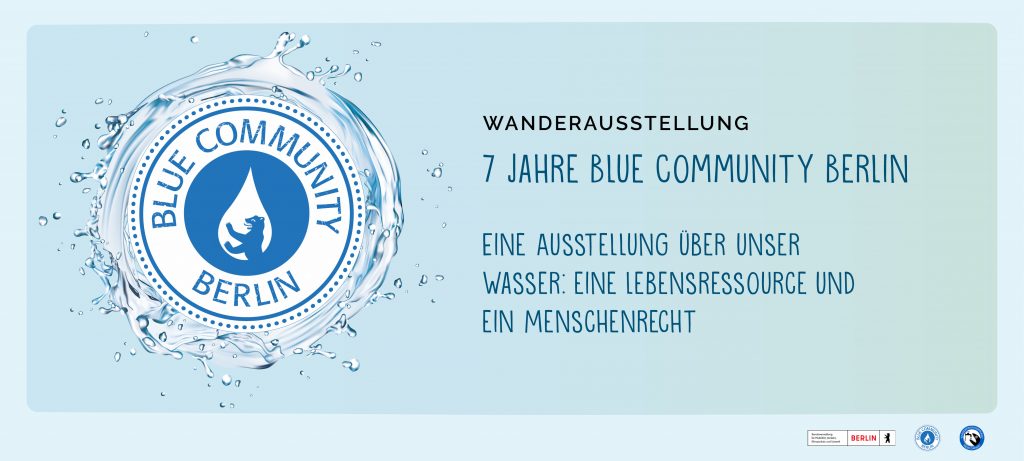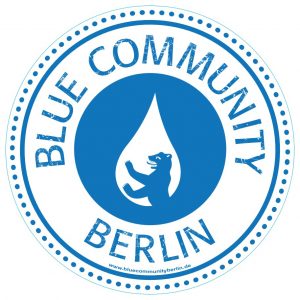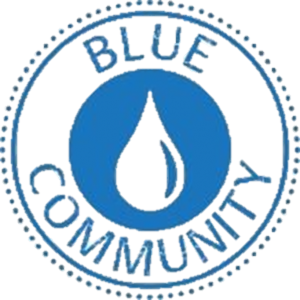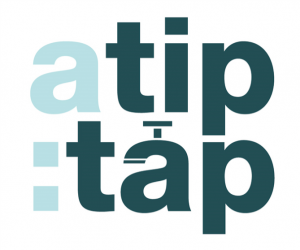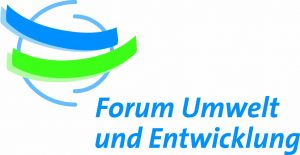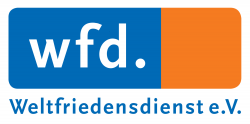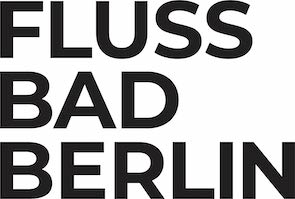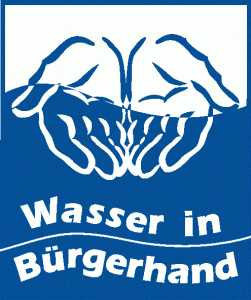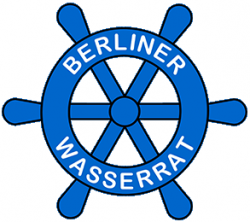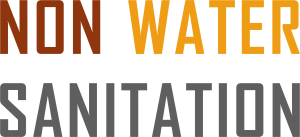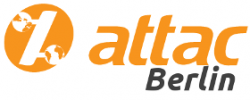Berlin has become a Blue Community
May the House of Representatives resolve:
The Senate is called upon to participate in the Blue Community initiative originated by the Council of Canadians. In so doing, the State of Berlin acknowledges and undertakes to adhere to the following principles in the long term:
- To recognize water and basic sanitation as a human right
- To maintain water as a public good
- To protect the quality of the City’s drinking water and Berlin’s rivers and lakes
- To encourage the use of Berlin’s tap water rather than bottled water
- To cultivate international partnerships with respect to the aforementioned aims.
As a Blue Community, the State of Berlin will establish a water fountain program with the aim of more rapidly increasing the number of drinking water fountains in the city. The water fountains should be made more visible and made usable all year-round as far as possible. The water fountains should be distributed as evenly as possible across every district of Berlin. Projects to implement resident-financed water fountains should also be engaged with and supported. The type of water fountain used should as far as possible be oriented towards a locality-specific usage. The Senate should also promote educational work in association with (tap) water and appropriate participants should receive targeted support. To take the lead as role models, as many public buildings, green areas and parks as possible should become locations at which tap water is available free of charge from drinking water fountains or water dispensers.
The extent to which Berlin’s water footprint, particularly with respect to water imported from countries of the Global south, can be included in the Federal State’s procurement directives, should also be examined.
To this end, the Senate should report to the House of Representatives by 30.06.2018 for the first time and every two years.
Reasoning:
Water is essential for life. Its preservation is therefore one of the most important obligations for political and public administrative stakeholders.
Berlin is already a blue city. The successful referendum in 2011 and the resulting remunicipalization of water in 2013 have contributed significantly to the water quality in our city. Necessary investment in modernising the water network has finally begun. However Berlin’s rivers and lakes remain compromised by contamination after rainwater overflows as well as by Brandenburg’s open-cast mining, the waste of which flows into the Spree.
The voluntary commitment as a Blue Community will help to actively oppose the threats to water quality in Berlin. It will also contribute to informing the population about the quality of our water. The associated efforts will also fit in with the ongoing implementation of the European Water Framework Directive (WFD).
The Blue Community initiative was initiated in 2011 by the Council of Canadians, Canada’s largest social action organization, and its Chairman, Maude Barlow. Following in the footsteps of many Canadian cities and communities, the project was launched in Europe in 2013; Bern, Paris and St. Gallen are just some of the cities that have entered into this voluntary commitment. The World Council of Churches is also certified as a Blue Community. Following the example of Basel, entry into the group of blue communities may also serve to promote responsible use of water, even in the Global South.

